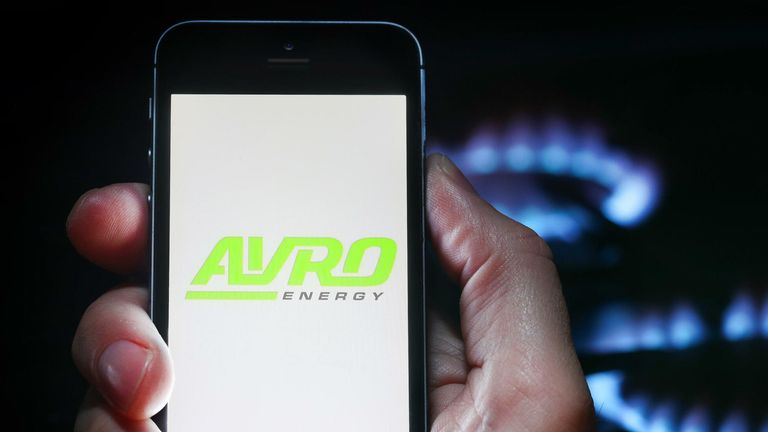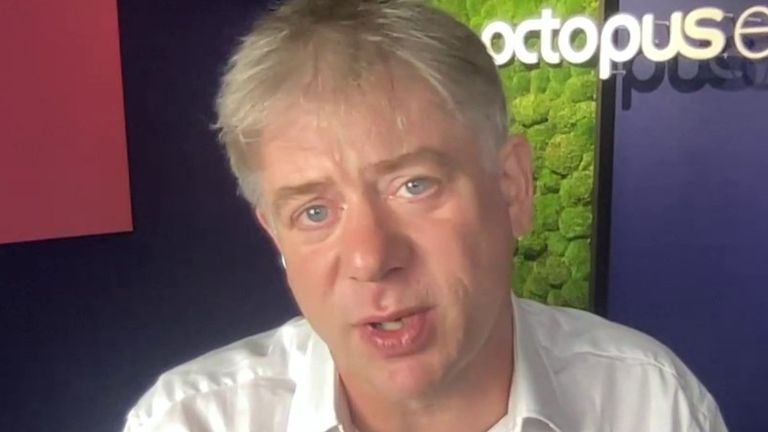At what stage will there be a tipping point?
This is likely to be the question currently occupying much of the energy industry and government alike.
Under the current Supplier of Last Resort system, customers whose energy firms go bust are being taken on by larger, more solvent suppliers.
While that will usually mean higher bills for those people, taking them on is also an expensive business for the energy companies – the wholesale price of gas is now so high it’s very difficult to balance the books under the energy price cap, which limits how much they can charge.
Without financial assistance from the government, the cost of taking them on will inevitably be paid for by customer bills.
So how many newly supplier-less customers can this system support?
When will it no longer be affordable, and when will government intervention become necessary?
The answer just isn’t clear yet, and as the hours pass the question becomes more pressing.
Two more energy firms have exited the market today alone.
Between them, Avro Energy and Green had in excess of 800,000 customers (2.9% of the market).
Add that to the customers of other firms that have gone under this month, and we’re already looking at in excess of a million people being taken on by suppliers like British Gas.
And we can be pretty sure there are more to come.
Kwasi Kwarteng, the business secretary, insisted in front of the business, energy and industrial strategy committee this morning that these systems are “robust”, but acknowledged they would be “tested” in the coming months.
There is clearly a reluctance to throw taxpayer’s money at the problem.
He said repeatedly that the industry must first “look to itself” for solutions.
His reluctance may be understandable: the conception that these failed firms offered deals that were fine during the good times, but too good to be true when the whole price rose – while also failing to hedge – is pervasive.
Mr Kwarteng has also staked his claim to be firmly on the side of consumers in this crisis – and needs to be seen to be putting their interests first.
But there may well come a point where there is no longer a choice, when even the bigger firms can’t afford all these new customers within the current regulatory framework.
In that case there are options: a “bad bank”, or government-backed loans to energy firms to name just a few.
Some energy companies have called for a removal of the price cap, but that would be politically very difficult and thus seems unlikely.
The reality is that even if the government does intervene, millions of consumers will face higher bills as the winter sets in – not just those whose suppliers collapse, but also those on standard variable tariffs (the cap is going up in October) and those coming to the end of fixed term contracts.
Mr Kwarteng has insisted consumers will be protected, but many may feel that depends on how you define “protection”.
In the face of bills going up by an average of 25%, on top of a national insurance hike, inflation, the end of the furlough scheme and the end of the universal credit temporary uplift, many are facing a very difficult winter.


